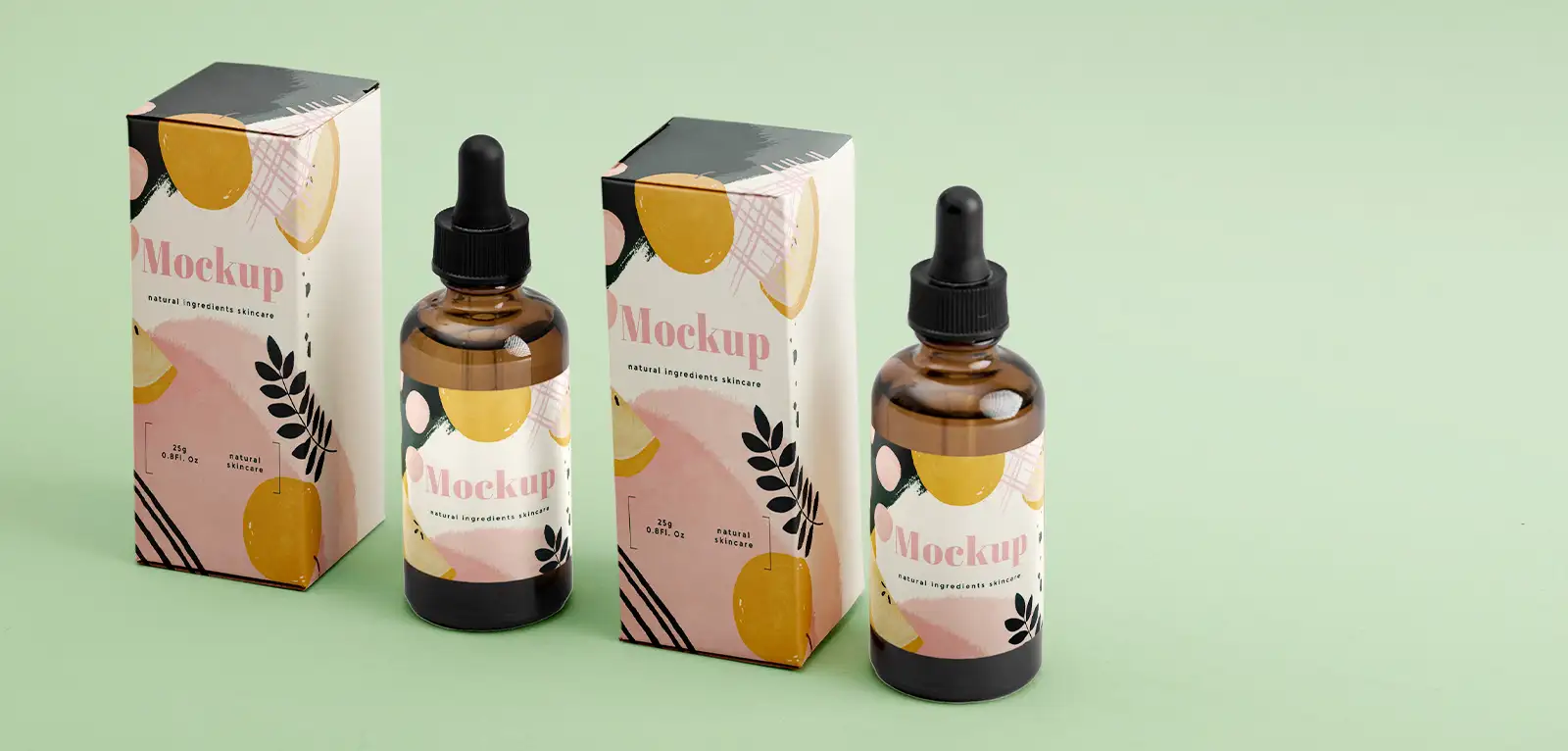January 24, 2024
Best Social Media Platforms for Small Businesses


As a small business owner, you know the struggle. You’ve poured your heart and soul into your work, but building a loyal customer base can feel like an uphill battle. With seemingly endless social media platforms and constantly evolving algorithms, choosing where to focus your energy can be overwhelming.
Each platform has its unique audience and characteristics, making it essential to tailor your approach to reach the right people effectively. In this field guide, we’ll explore the landscape of social media channels and provide insights on how to connect with different audiences on each platform.
Facebook is a cornerstone for small businesses seeking broad visibility. Content like news updates, engaging articles, and behind-the-scenes glimpses into your business can resonate here. Facebook is a versatile platform where engaging content, targeted ads, and community-building through groups can significantly impact brand awareness. Whether your business operates in the B2C or B2B space, Facebook offers a platform for building connections and fostering customer relationships. It’s the best place to reach older millennials, but younger audiences trend towards other social media platforms.
Instagram’s visual-centric platform, boasting over one billion users, makes it an ideal space for businesses targeting younger demographics. Engage millennials and Gen Z with high-quality product photos, user-generated content, and glimpses into your creative process. Leverage features like Instagram Stories and Reels for interactive content, providing an excellent opportunity to showcase products or services in a visually appealing manner.
For B2B-focused businesses, LinkedIn stands out as a professional playground, connecting individuals and organizations. Share industry-related content, participate in discussions, and utilize LinkedIn’s advertising options to position your business as an authority in your industry. LinkedIn’s platform is a valuable resource for service-oriented businesses seeking to network with other professionals and potential collaborators.
X (formerly Twitter)’s fast-paced and real-time nature is perfect for businesses wanting to stay current and engage in trending conversations. The platform is known for its hot takes and witty banter. Regular tweeting, sharing snippets of insights, strategic use of hashtags, and active participation in discussions can elevate your business’s visibility, especially in industries where staying up-to-date with trends and news is crucial.
As video content continues to dominate, YouTube, with its over two billion logged-in monthly users, offers a significant reach. Small businesses can create engaging and informative videos, including tutorials, customer testimonials, behind-the-scenes content, or product demonstrations. This platform is particularly effective for showcasing expertise and building a loyal audience through educational and entertaining video content.
Pinterest serves as a visual search engine for users seeking inspiration and ideas. Ideal for businesses with visually appealing products or services, particularly those targeting a predominantly female audience, Pinterest allows for the creation of lifestyle-focused mood boards and curated collections of images. Share product visuals, DIY tutorial infographics, or lifestyle tips. Optimize your content for search to tap into the platform’s potential as a valuable tool for businesses in lifestyle, fashion, or home decor sectors.
With its explosive growth and diverse user base, TikTok has become a force to be reckoned with. Boasting over 1 billion monthly active users, the platform is known for short-form, creative content. Small businesses can leverage TikTok to showcase their personality, participate in trends, and connect with a younger audience. Share product eye-candy, tell humorous brand stories, and showcase creativity. Authenticity and creativity are key on TikTok, making it an exciting platform for businesses willing to embrace the unconventional.
–
Navigating the social media landscape requires an understanding of each platform and its unique audience. As a small business owner, identifying your target demographic and tailoring your content to resonate with them on the right channels can significantly impact your online success. Whether it’s the broad appeal of Facebook, the visual storytelling on Instagram, or the professional networking opportunities on LinkedIn, each platform offers distinct advantages for businesses looking to connect with their audience and thrive in the digital realm. Embrace the diversity of social media, experiment with content, and watch as your small business grows in influence and reach.


